
People often worry about getting interviewed for a job or getting interviewed by someone for a newspaper. What if I say something stupid? What if that gets caught on camera? While these are certainly some of the concerns that come with being interviewed, there is some stress that goes into conducting an interview as well.
Since Geneva College has a mission of equipping students to write, speak and think well, many students get training in skills for conducting interviews for news stories, articles, videos or just for research. If you aren’t comfortable with interviewing someone, it can be a difficult task. Here are some tips to help you if you are conducting an interview.
- Make sure you are well-prepared.
You want to go in knowing the basics so that you are able to ask questions that go deeper than the surface level. If you are talking to a coach halfway through his or her team’s season, you want to know things like: What is their win/loss record? Where do they stand in the conference? Who is their best player statistically speaking? All of these questions are easily answered with some prior research, and they allow you to get into the meat of a story.
For example: This player is clearly a leader on the field (court, course, etc.); what goes on behind the scenes that allows him to excel this way?
- Set up a time-range.
This is simple, but important. Before interviewing someone, be sure to agree on a time-range when you setup the interview. This establishes proper expectations. Make sure it allows for enough time to have a good discussion where you can ask the necessary questions. Sometimes this means you’ll need only five minutes; sometimes you’ll need 20 minutes. Either way, come to an agreement with your interviewee beforehand, and stick to that time.
- Ask open questions.
Don’t ask questions that could be answered with one or two word answers. Ask questions that allow for the interviewee to talk in-depth about a subject. For example, instead of asking, “Are you going to miss the seniors next year?” ask, “Some of your students are graduating this year; what are some special things about this class that you are going to miss most?”
- Listen closely for follow-up questions.
If you come up with questions prior to your interview, don’t be afraid to deviate from them if the interviewee says something interesting that you want to hear more about. This is how you end up asking some of the best questions, and it allows for a more in-depth discussion. Be sure to listen all the time, or you can miss an opportunity for a question that can provide a captivating answer with important information.
- Be relaxed and just have a conversation.
The best interviews feel like conversations; they flow better and they run smoothly. Don’t get caught up in the fact that this is an interview. That term is just a formality. Treat it as a conversation with a specific goal and topic, and you will feel more comfortable and the interview will go better
Geneva College has a vocational perspective. If you are interested in developing skills like interviewing that will help you in many areas of your future, contact the Geneva Admissions office at admissions@geneva.edu | 800.847.8255.
-Andrew Domencic '19
Opinions expressed in the Geneva Blog are those of its contributors and do not necessarily represent the opinions or official position of the College. The Geneva Blog is a place for faculty and contributing writers to express points of view, academic insights, and contribute to national conversations to spark thought, conversation, and the pursuit of truth, in line with our philosophy as a Christian, liberal arts institution.
Jun 9, 2017Higher EducationRelated Blog Posts
Request Information
Learn more about Geneva College.
Have questions? Call us at 724-847-6505.

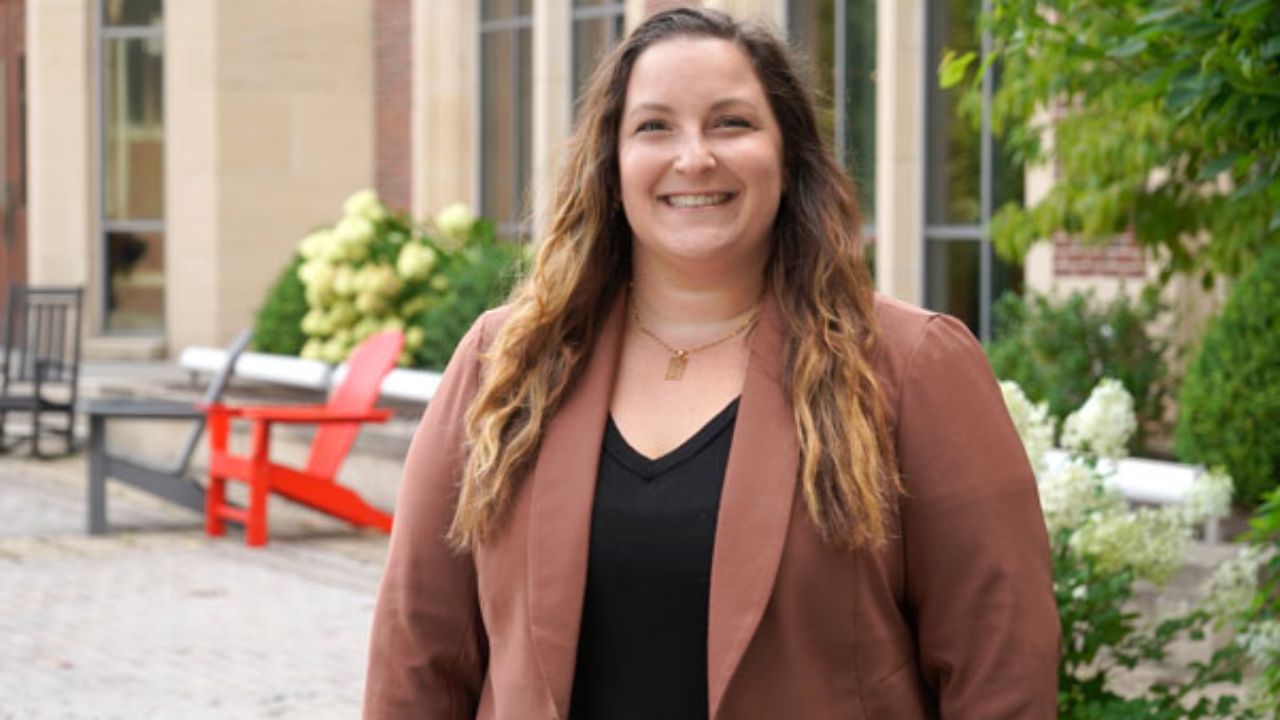
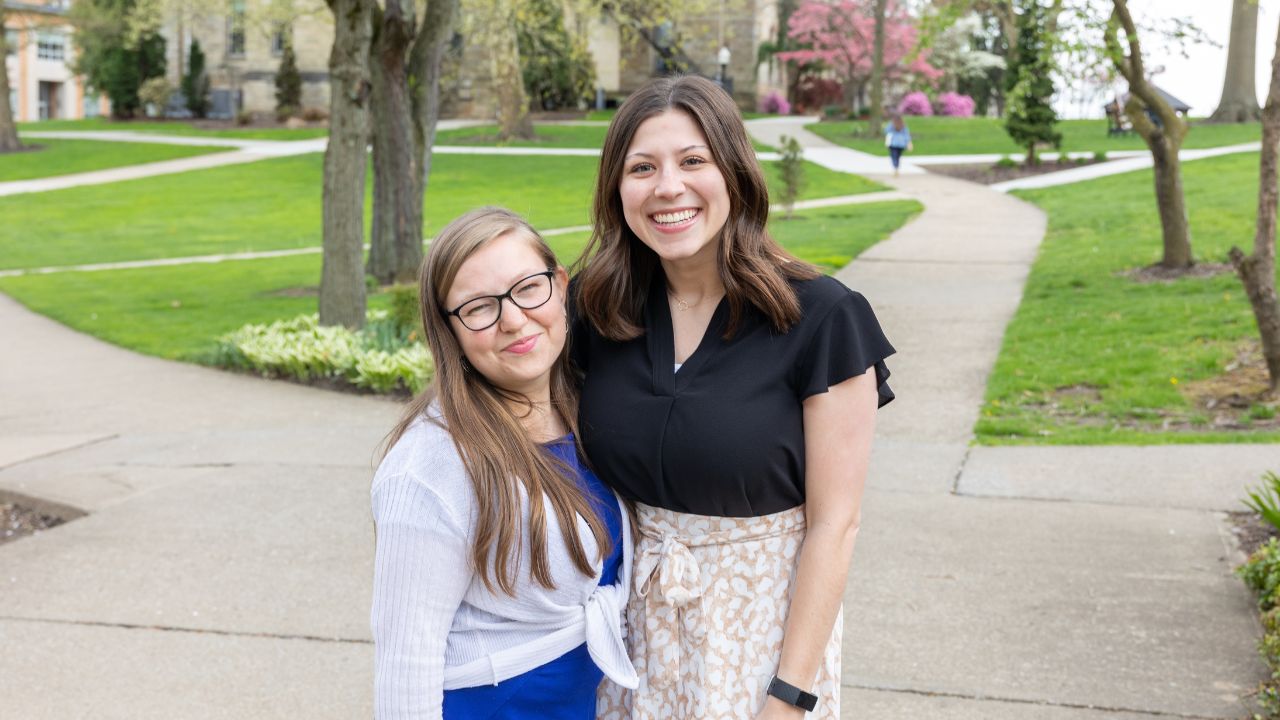
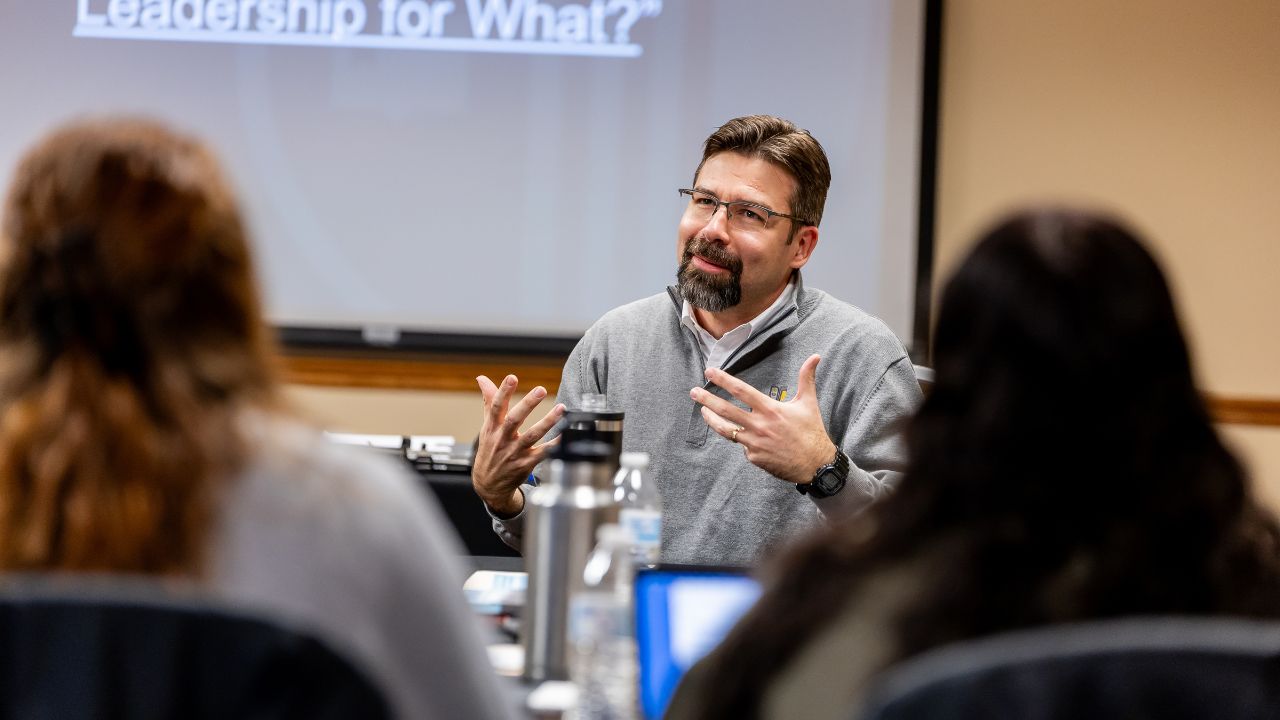
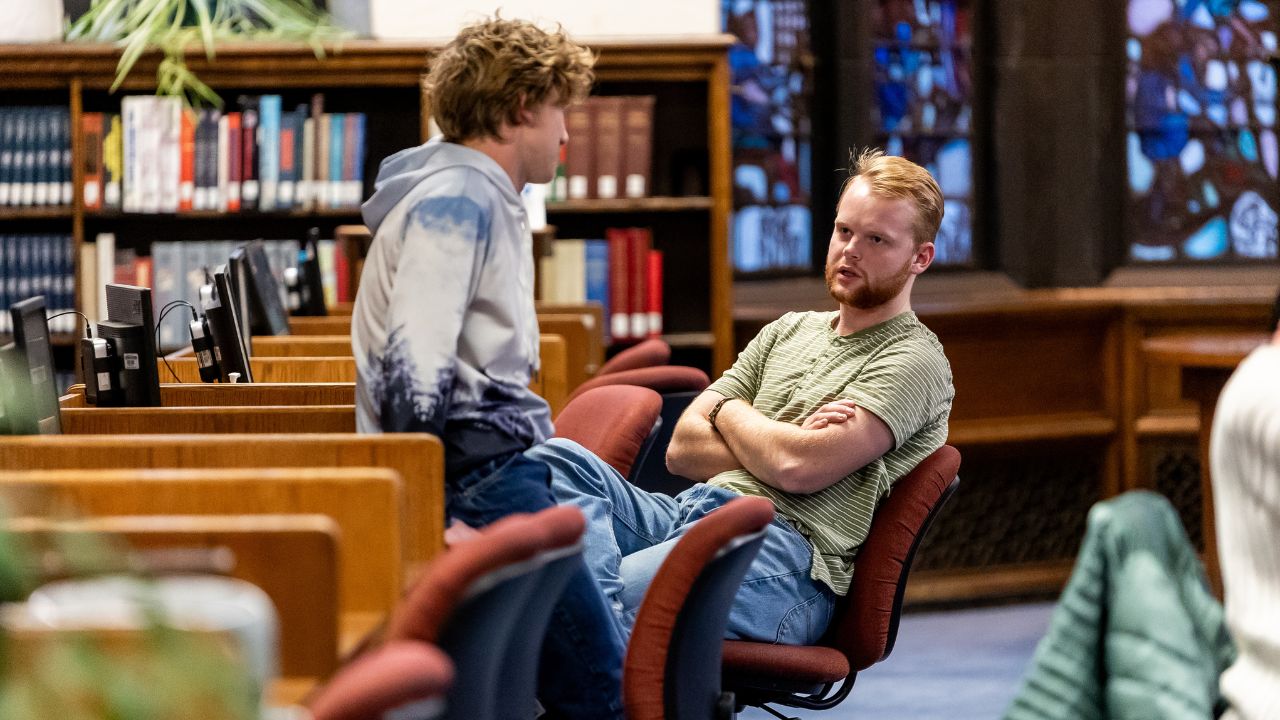
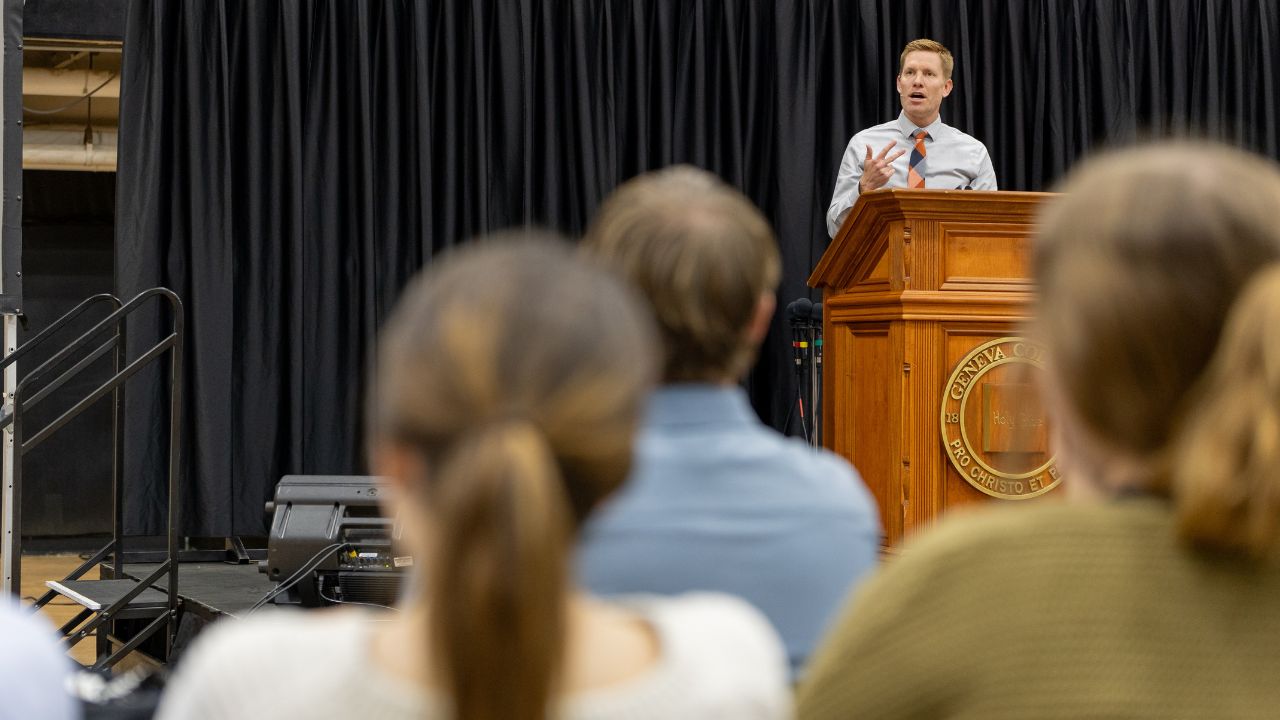
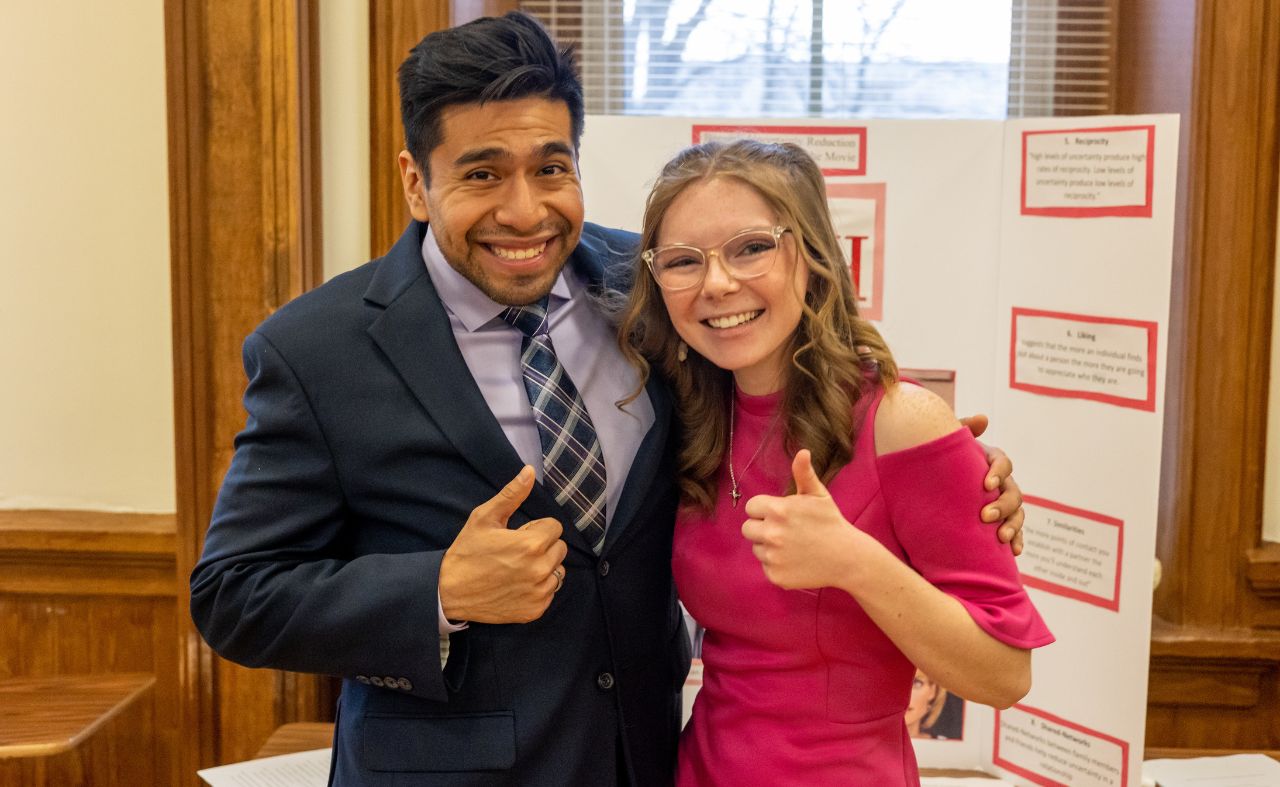
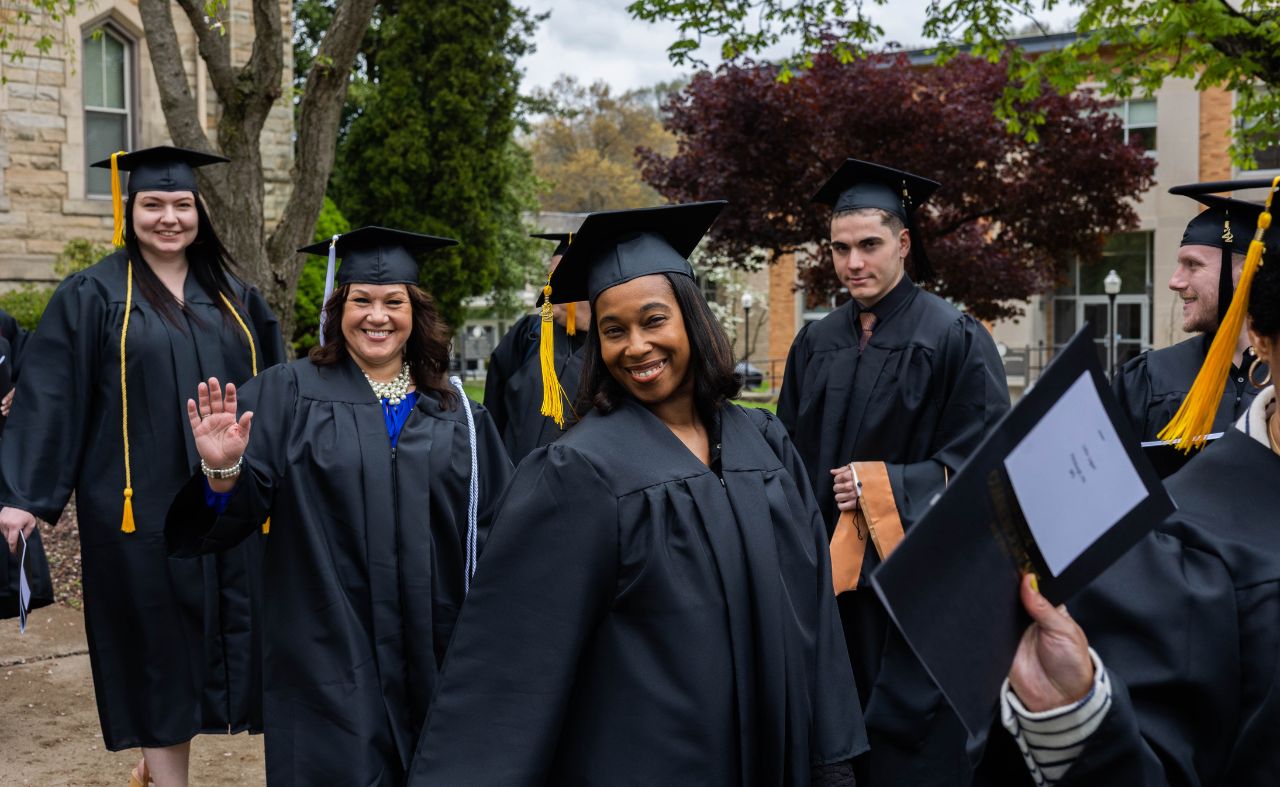



 Online Course Login
Online Course Login